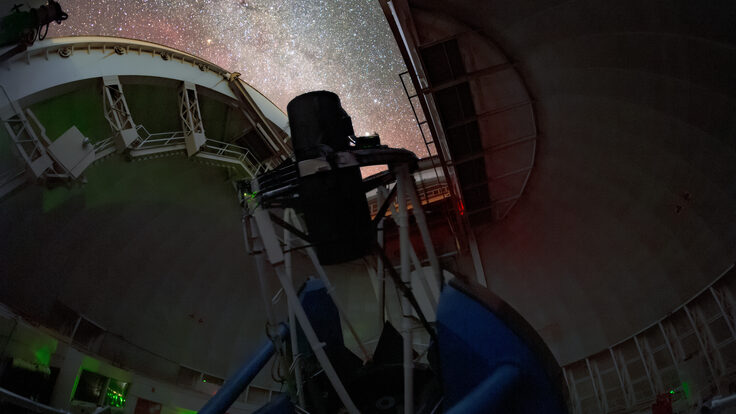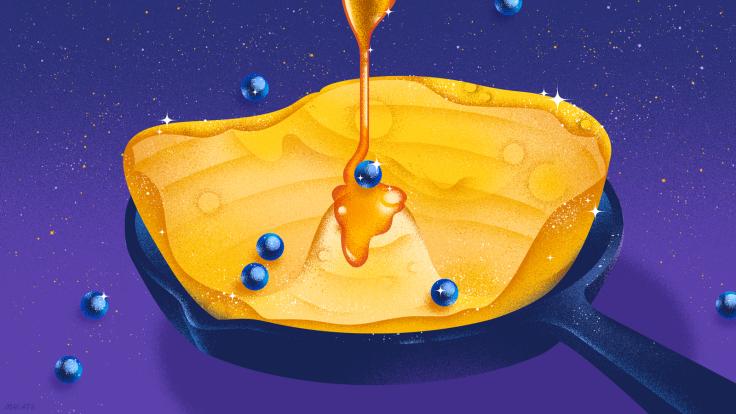
The winning teams from the July 23 Google Science Fair pose with the judging panel, including Fermilab Deputy Director Young-Kee Kim. Photo: Andrew Federman
The following article ran in today's issue of Fermilab Today.
On July 23, Fermilab Deputy Director Young-Kee Kim joined 14 other scientists, science journalists and industry executives to judge the Google Science Fair in Palo Alto, California.
Ninety individuals or teams from around the world, split into three age groups, qualified for the competition. For the July 23 event, judges chose 15 finalist projects by 21 students based on their multimedia presentations for the July 23 event. Kim and the judging panel chose one winning project from each of the age groups.
“The competitors really seemed to know and care about the world’s issues,” Kim said.
Projects tackled challenges including using cell phones to diagnose heart problems in developing countries, treating methamphetamine addiction and designing a more efficient flush toilet.
The winner in the 17- to 18-year-old age group and Grand Prize winner, Brittany Wenger from Lakewood Ranch, Fla., developed a cloud-based neural network program that gave a 99.11 percent accurate diagnosis of breast biopsies using a minimally invasive method.
“Brittany leveraged publicly available resources – medical data on breast cancer, the neural network analysis technique and cloud computing – to improve the accuracy of medical diagnosis,” Kim said, adding that neural networks were frequently used in the high-energy physics community.
Kim said she was also impressed by the winning projects in the other two age groups. One focused on improving the music experience for the hearing-impaired using tactile sound, sound transferred by touch. The other found microscopic life in fresh water.
The judging panel also awarded a "Science in Action" prize to a team from Swaziland that evaluated hydroponics as a way to solve food problems in southern Africa.
“I talked to every single competitor,” Kim said. “Most of these students learned their electronic, mechanical and computing skills via the Internet, not their teachers, which was a big culture shock for me.”
Kim became involved in the judging process through CERN, which also contributed a judge. One of the prizes available to the Grand Prize winner is a visit to Fermilab, followed by a trip with a CMS physicist to the Large Hadron Collider. Other prize choices came from event sponsors Google and LEGO.
Kim suggested to Google Director of Education Maggie Johnson that the finalist students and judges form a network so the students could keep in touch and receive advice in the future.
“These students are much more advanced than I was at their age,” she said. “I am eager to help them as much as I can.”






